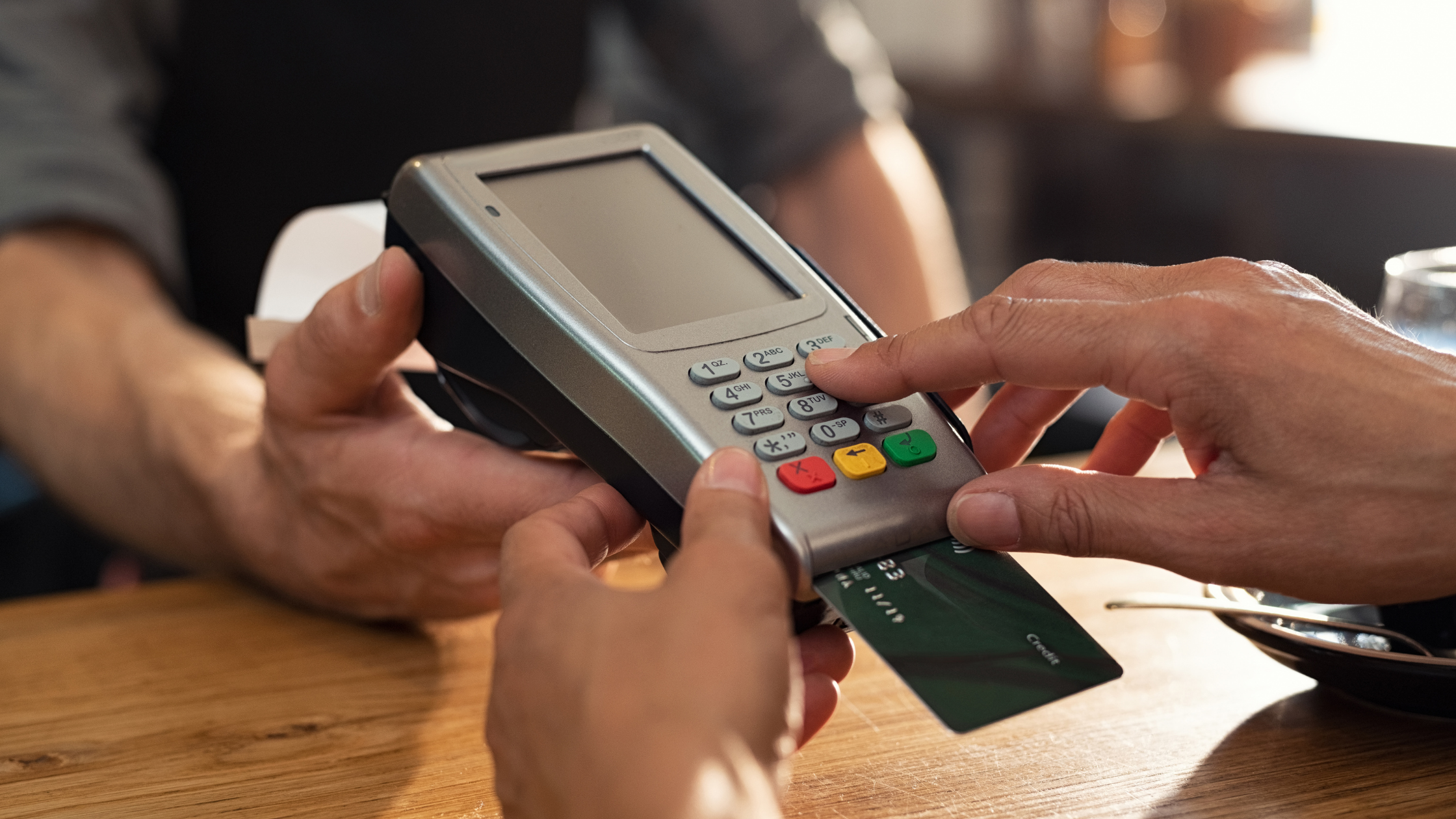This week’s news is that some banks in the United States and the United Kingdom have prohibited the use of credit cards to purchase cryptocurrencies (CCs). The cited justifications include unbelievable, such as attempting to reduce money laundering, gambling, and safeguarding regular investors from undue risk. Surprisingly, banks will accept debit card purchases, indicating that the only risks being safeguarded are their own.
You may use a credit card to gamble in a casino, buy guns, drugs, alcohol, pornography, and anything else you want, but certain banks and credit card corporations want to prevent you from using their services to buy cryptocurrencies.
There must be some plausible explanations that are not the ones presented.
Banks are concerned about how difficult it will be to seize CC holdings if the credit card holder misses on payment. It would be far more difficult than regaining possession of a house or a car. The private keys to a crypto wallet can be stored on a memory stick or a piece of paper and quickly removed outside the country, leaving little or no record of its location.
Some crypto wallets may have a considerable value, and the credit card debt may never be reimbursed, resulting in bankruptcy and a significant loss for the bank. The cryptocurrency is still present in the wallet, and the owner can subsequently retrieve the private keys and utilise a local CC Exchange in a foreign nation to convert and pocket the money. That is a nefarious scenario.
We certainly do not condone such illegal action, but banks are aware of the risk and some wish to shut it down. This cannot happen with debit cards since the banks are never out of pocket – the money is deducted from your account instantly and only if there is enough money in your account to begin with.
We can’t discover any truth in the bank’s story regarding limiting gambling and risk-taking. Intriguingly, Canadian banks aren’t hopping on board, possibly because they realise the claimed reasons for doing so are fake.
As a result of these measures, investors and consumers are now aware that credit card firms and banks do have the capacity to limit what you can buy with their credit cards.
This is not how they promote their cards, and it is likely to surprise most users, who are accustomed to making their own purchasing decisions, particularly from CC Exchanges and other merchants who have Merchant Agreements with these banks.
The Exchanges, like you, have done nothing wrong, but fear and greed in the banking industry are causing odd things to happen. This demonstrates the extent to which the banking industry perceives Crypto Currencies to be a danger.
At the moment, there is little cooperation, trust, or understanding between the worlds of fiat money and CC. The CC world lacks a central controlling authority through which legislation can be implemented globally, leaving each country to figure out what to do.
China has opted to outlaw credit cards, while Singapore and Japan love them and many other countries remain baffled. What they have in common is that they want to collect taxes on CC investment gains. This is reminiscent of the early days of digital music when the internet enabled the unrestricted proliferation and sharing of unlicensed music.
Digital music licencing schemes were eventually devised and approved because listeners were willing to pay a small charge for their music rather than perpetual piracy, and the music industry (artists, producers, and record labels) was willing to take modest licencing fees rather than nothing.
Can a compromise be reached in the future of fiat and digital currencies? As people around the world become increasingly dissatisfied with exorbitant bank profits and bank intrusion into their lives, there is hope that customers will be treated with respect and will not be perpetually plagued with high charges and unjustified limitations.
Cryptocurrencies and Blockchain technology increase global pressure to reach a reasonable compromise – this is a game changer.








